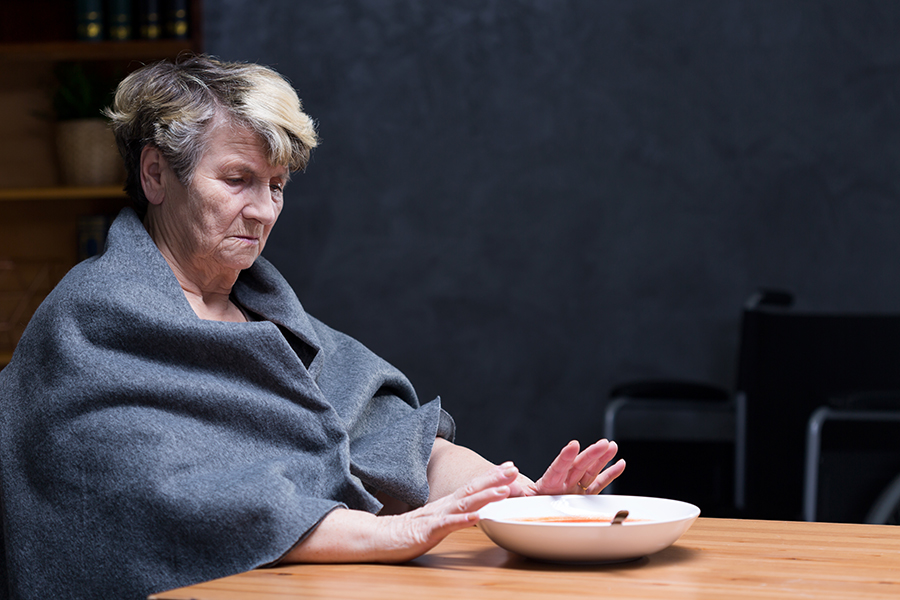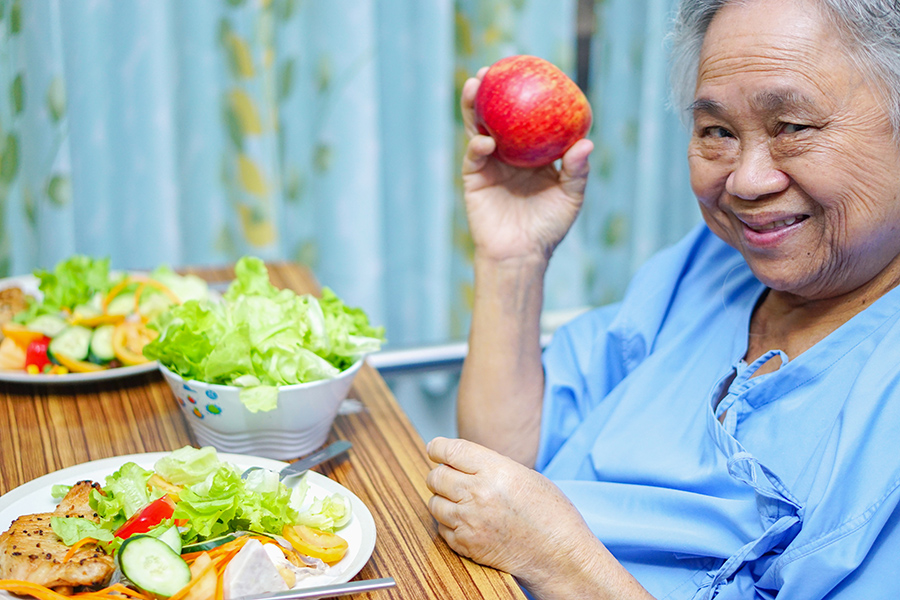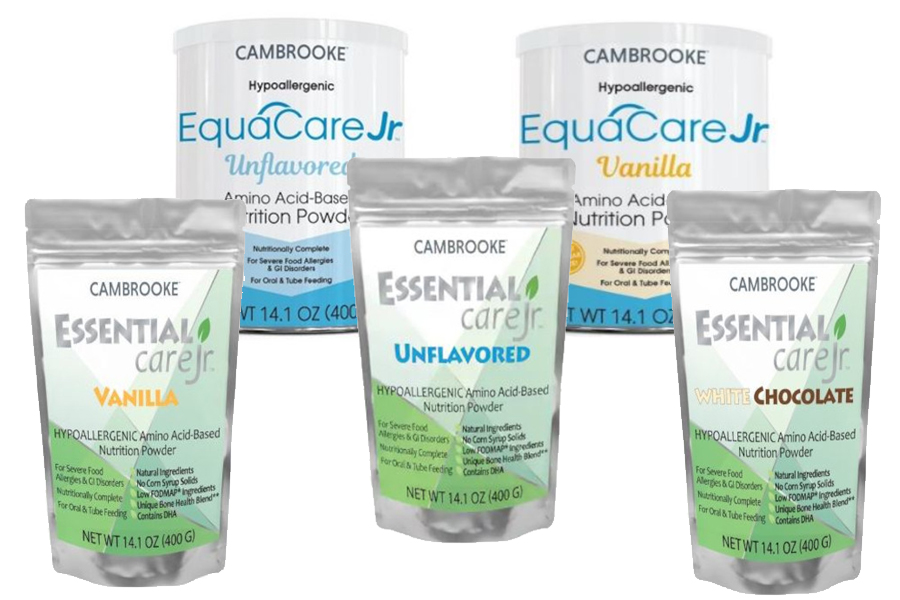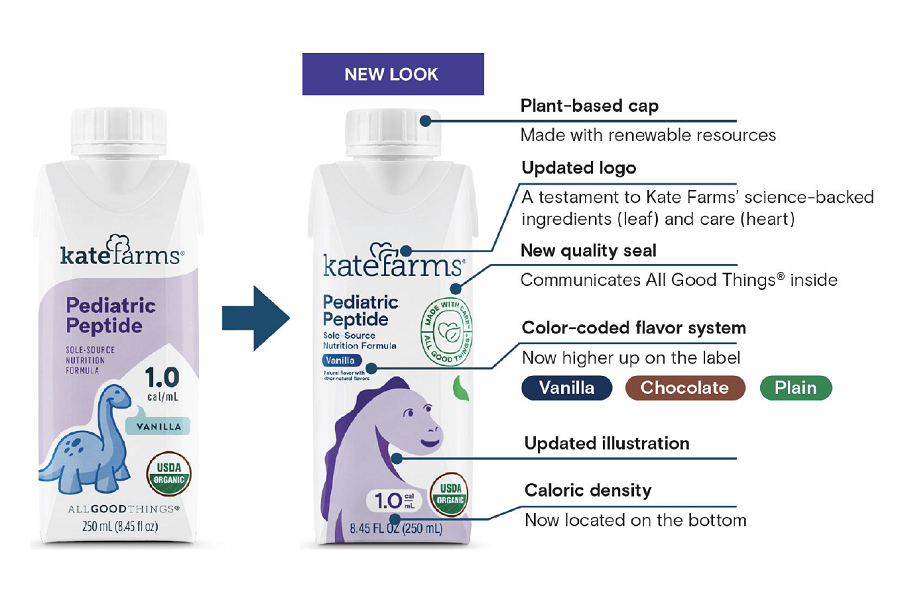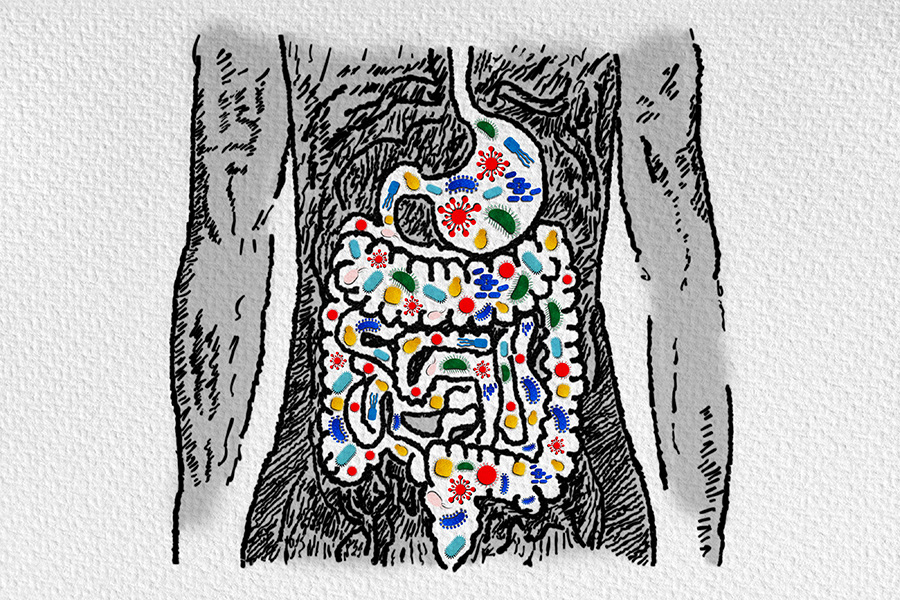Just as it does in early childhood development, nutrition plays a critical role in the health and well-being of senior citizens. However, due to changes in biological functions, many elderly people experience a loss of appetite, which can have a cascading effect on both mental and physical health. Yet, there are steps that can be taken to help ensure healthy eating for seniors with diminished appetite.
There are many reasons why seniors begin to lose their appetite. Some factors include a decrease functioning of their sensory organs, where the potential loss of smell and taste reduces the desire to eat. In addition, as an elderly person’s sight begins to decline, they may experience unappetizing, visual perceptions of food that can curtail their appetite.
Chronic health problems can also impact a senior’s desire to eat. Many seniors face diabetes, high blood pressure and high cholesterol, and to address these concerns, doctors may suggest a diet plan that can include undesirable foods and exclude foods that are craved. Along with these diet changes, medications may be prescribed with side effects that can reduce one’s appetite. Other reasons that seniors may lose their appetite include issues related to oral health, digestive tract disorders, and lack of motivation. For example:
- Concerns with oral health can affect one’s ability to eat because oral infections can have an impact on the appetite; developing good dental hygiene practices and getting regular preventative check-ups can help.
- Dentures that don’t fit properly may lead to chewing problems; this can be resolved by adjusting the dentures and by eating softer foods such as cooked vegetables, juices, and canned fruits.
- Gastric problems as a side effect of medications may also influence one’s appetite; increased water intake may help to relieve some of these issues.
- When experiencing feelings of loss and depression, seniors may choose not to eat instead of cooking a meal for themselves; remaining socially engaged may help to decrease feelings of depressing and loss of appetite.
- Lack of motivation to eat can cause an elderly person to lose their appetite; support from children and other loved ones can be helpful in promoting a healthy lifestyle and nutritious eating.
Ways to Improve Appetite and Boost Healthy Eating
Appetite loss can lead to malnutrition, which results in an increased risk of anemia and other problems such as protein and calcium deficiencies. Some ideas for boosting appetite and promoting healthy eating behaviors in seniors include:
- Eating smaller meals more frequently
- Focusing on eating nutrient-dense foods rather than focusing on volume
- Drinking nutritional supplements between meals instead of having them with meals
- Promoting social engagement to prevent isolation and depression
- Try and find a balance between a diet plan with a variety of foods that has some regularity, and keep in mind that experiencing new foods can help in stimulating appetite (or even foods that aren’t eaten often)
- Working with providers to change medications that impair appetites; the doctor may prescribe an appetite stimulant to help avoid the increased risk of disease
Being aware of the changes that can occur with aging can help active seniors and their loved ones make positive decisions. If a senior is experiencing appetite loss, they can work with their doctor or dietitian to create a meal plan that will promote a healthy diet while increasing their appetite. Improving diets at a later age can help seniors live longer and stronger, improving mental health and sharpening minds.
Find more articles about keeping seniors healthy:
- Seniors: Tips to Boost Your Calorie Intake
- Nutrition Over 70: A Guide To Senior Dietary Needs
- How to Put On an Adult Diaper
- Fall Risk Checklist for Caregivers
- Ten Tips for Communicating with a Person with Dementia
You can also find more information about why seniors lose their appetites and how to help in this Daily Caring article.






